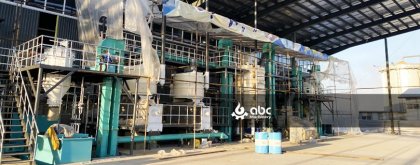
Choose the Right Coconut Oil Refining Machine for Your Refinery
Overview of Coconut Oil Refining Process and Purity Control
Coconut oil extraction is a multi-stage industrial process that transforms copra or fresh coconut meat into high-purity edible or cosmetic-grade oil. Within the coconut oil refining process, key operations include degumming, neutralization, bleaching, and deodorization. Typically, refining efficiency exceeds 95%, and the final oil purity can reach up to 99.8% under optimized parameters. The refining stage removes impurities such as phospholipids, free fatty acids, pigments, and volatile compounds that influence oil quality.
Modern refining plants often process between 10 to 100 tons per day (TPD), depending on the production scale. Maintaining consistent parameters—such as a bleaching temperature of 110–120°C and vacuum pressure below 3 mbar during deodorization—is crucial to achieve stable results. These precision-controlled steps define the difference between standard-grade and premium-grade coconut oil suitable for cosmetic or pharmaceutical applications.
Enhance your project’s refining performance—consult our process engineers to design a high-purity coconut oil extraction line tailored to your production goals.
Coconut Oil Refining Machine Types and Performance Comparison
The coconut oil refining machine is the heart of any industrial extraction line. Understanding its types and their performance differences helps optimize both quality and cost-efficiency.
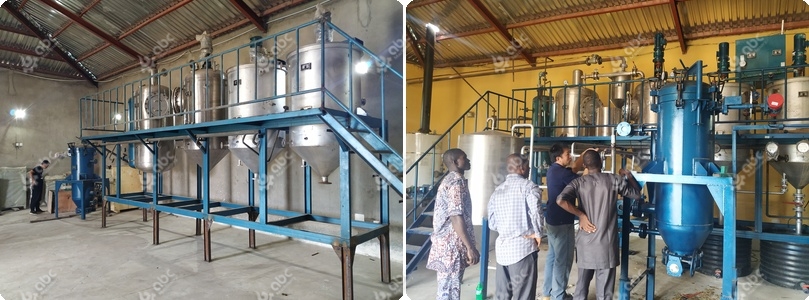
Small Coconut Oil Refining Machine for Sale
Physical vs Chemical Refining Machines
Physical refining relies mainly on steam distillation and adsorption, while chemical refining uses alkaline neutralization to remove free fatty acids. Physical refining suits plants with feedstock FFA (Free Fatty Acid) levels below 3%, while chemical refining is recommended for higher FFA content (>5%). Typical throughput ranges from 5–60 TPD for modular systems and up to 300 TPD for integrated units. Physical systems generally consume 10–15% less energy, but chemical systems achieve more precise neutralization for lower-grade crude oils.
Key Parameters Comparison Table
| Parameter | Physical Refining Machine | Chemical Refining Machine |
|---|---|---|
| Typical Capacity | 10–200 TPD | 20–300 TPD |
| Energy Consumption | 80–90 kWh/ton | 100–110 kWh/ton |
| FFA Removal Efficiency | 95–97% | 98–99% |
| Maintenance Interval | 1,000 hours | 800 hours |
| Oil Yield | 98.5% | 97.8% |
Equipment Performance and Efficiency
High-end refining systems integrate NIR (Near-Infrared Reflectance) sensors to measure oil clarity in-line, cutting manual sampling frequency by 60%. Advanced automation reduces operator demand by 40% and enables continuous 24/7 operation with minimal downtime. Stainless steel reactors (grade SS316L) ensure compliance with food-grade standards and long-term corrosion resistance of up to 15 years.
- Physical Refining Machines: Energy-efficient and environmentally friendly, ideal for virgin coconut oil processing.
- Chemical Refining Machines: Effective for bulk industrial operations dealing with high FFA oils.
- Hybrid Systems: Combine both methods, optimizing yield and quality for versatile applications.
- Fully Automated Skid Systems: Offer PLC-based (Programmable Logic Controller) control for smart manufacturing environments.
Automation and Integration Benefits
Automated refining systems can integrate MES and SCADA (Supervisory Control and Data Acquisition) layers, ensuring consistent product tracking and operational safety. Plants with such integration report up to **12% shorter processing time** and **20% higher productivity**.Invest in a next-generation coconut oil refining machine engineered for precision, efficiency, and global production standards—reach out to our engineering team for custom design solutions.
Coconut Oil Refining Machine Selection Criteria from Capacity to Automation Level
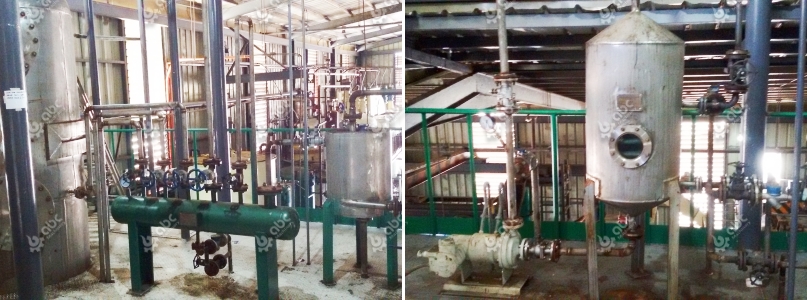
20TPD Coconut Oil Refinery Project in the Philippines
Selecting the right coconut oil refining machine begins with assessing production capacity and raw material quality. Plants processing 20–50 TPD often benefit from semi-automatic systems, while those exceeding 100 TPD require fully automated continuous lines. Matching machine capacity with feedstock moisture (typically 5–8%) ensures stable throughput and reduces thermal degradation.
Automation plays a decisive role: PLC and HMI (Human-Machine Interface) integration can reduce human error rates by 35% and optimize heating control within ±1°C tolerance. Equipment lifespan, brand reliability, and global support coverage must also be factored into procurement decisions. Contact our industrial team to specify your production target and receive a customized machine configuration with performance guarantees.
Coconut Oil Refining Efficiency and Cost Optimization Strategies
To achieve sustainable profits, refining plants must balance efficiency, yield, and cost. Implementing energy recovery systems can save up to 12 kWh per ton, while advanced heat exchangers improve thermal transfer by 25%. Reducing raw material loss from 2.5% to below 1% can directly increase profitability by 1.5–2% per batch.
Process engineers can further enhance refining efficiency by optimizing vacuum systems, minimizing downtime, and scheduling predictive maintenance at 1,000-hour intervals. Partner with our process optimization experts to design an energy-efficient refining operation that maximizes output while cutting costs across your entire coconut oil extraction line.
The evolution of industrial coconut oil extraction continues to rely heavily on advancements in refining machinery. Investing in a modern coconut oil refining machine not only elevates product purity but also establishes a sustainable competitive edge in the global edible oil market.
We receive enquiries in English, Español (Spanish), Русский язык (Russian), Français (French) and العربية (Arabic).Our professional team will reply to you within one business day.Please feel free to contact us!


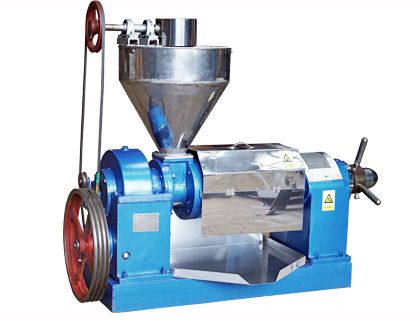 Screw Oil Press
Screw Oil Press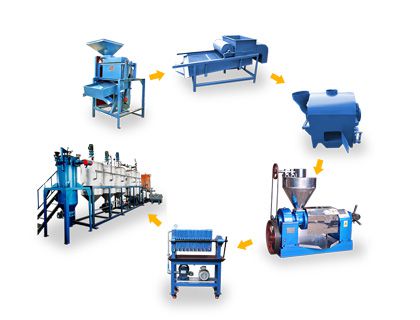 Small Oil Mill Plant
Small Oil Mill Plant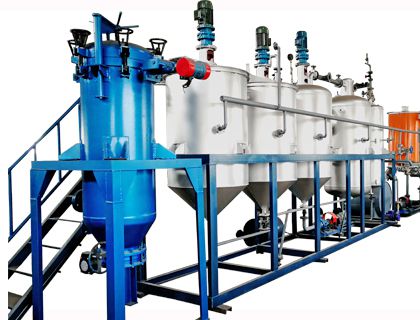 Small Oil Refinery
Small Oil Refinery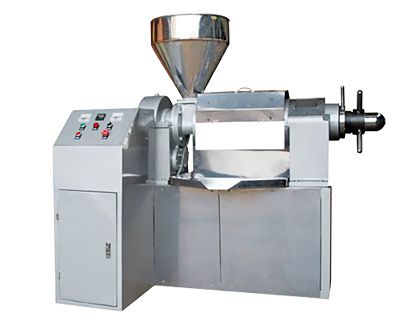 Automatic Oil Press
Automatic Oil Press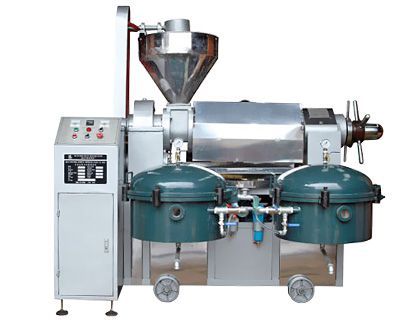 Multifunction Oil Press
Multifunction Oil Press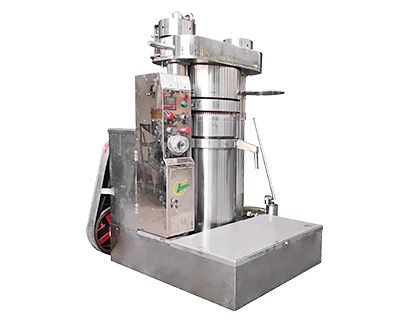 Hydraulic Oil Press
Hydraulic Oil Press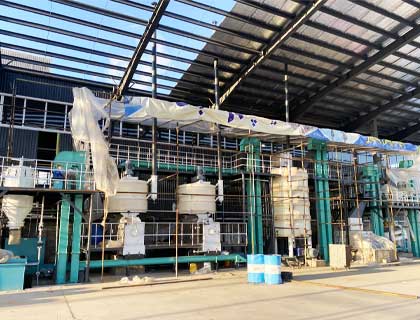
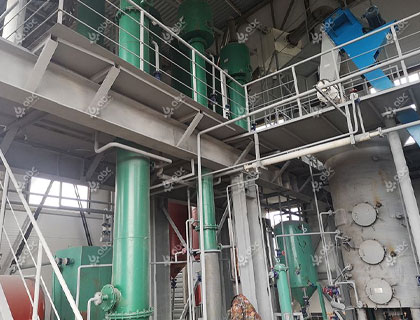
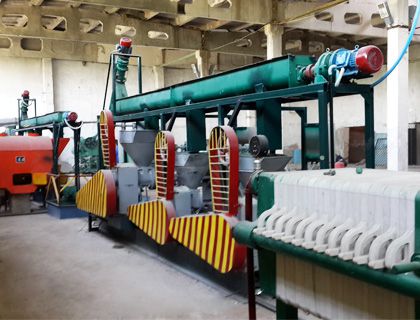
![[Presidential Visit] Zimbabwe 30 Tons/Day soybean oil plant for Extraction and Refinery Was Successfully Completed](/uploads/allimg/soybean-oil-plant-press-refine-business-lp.jpg)

